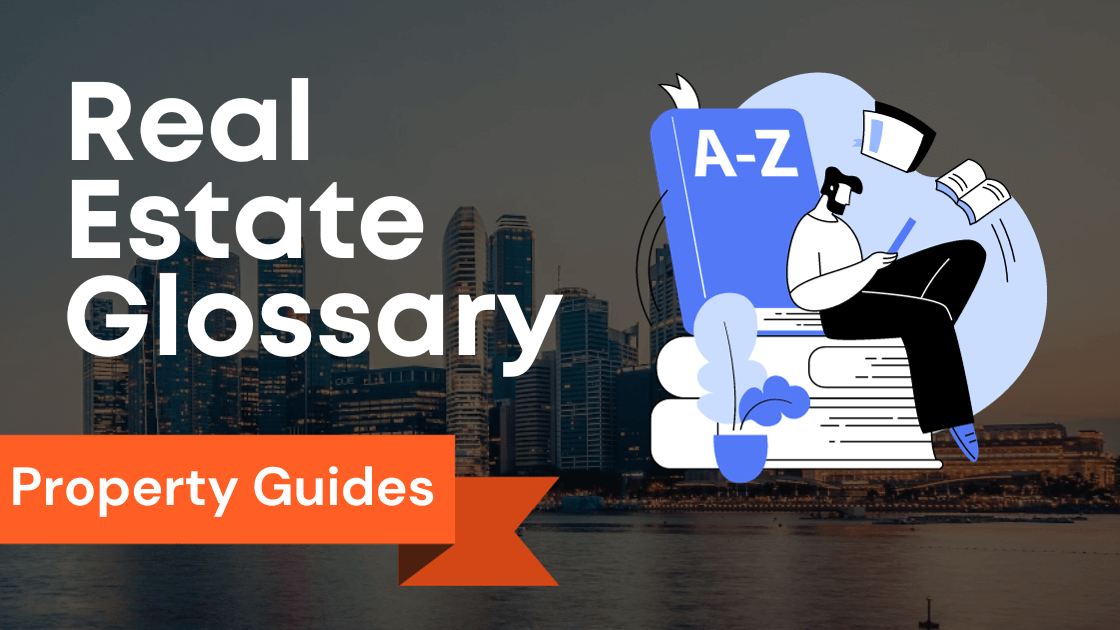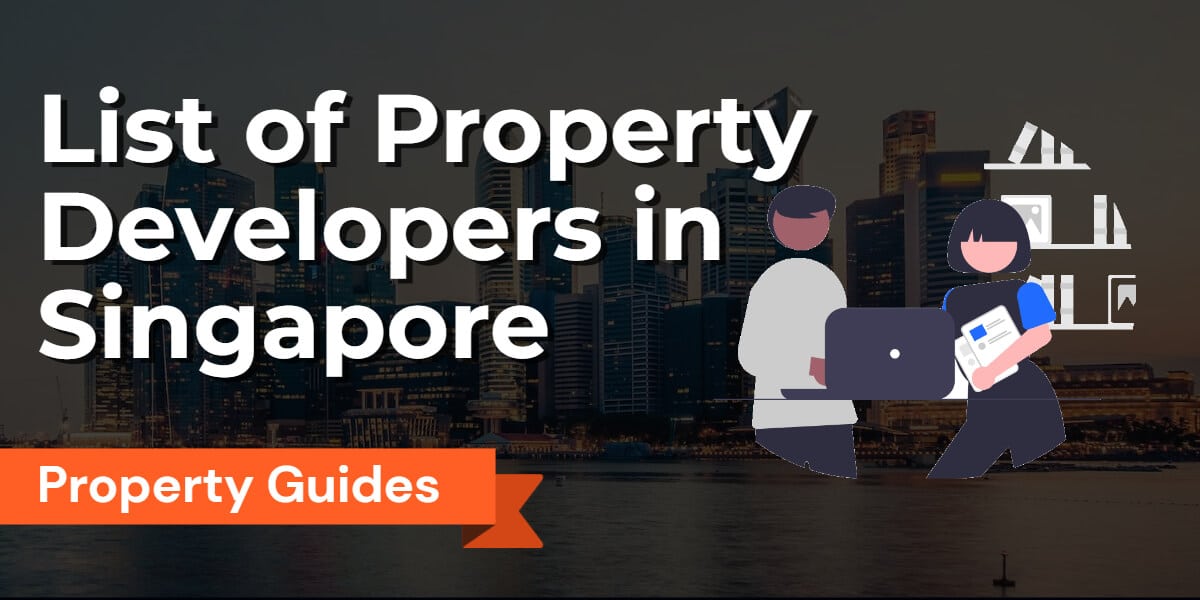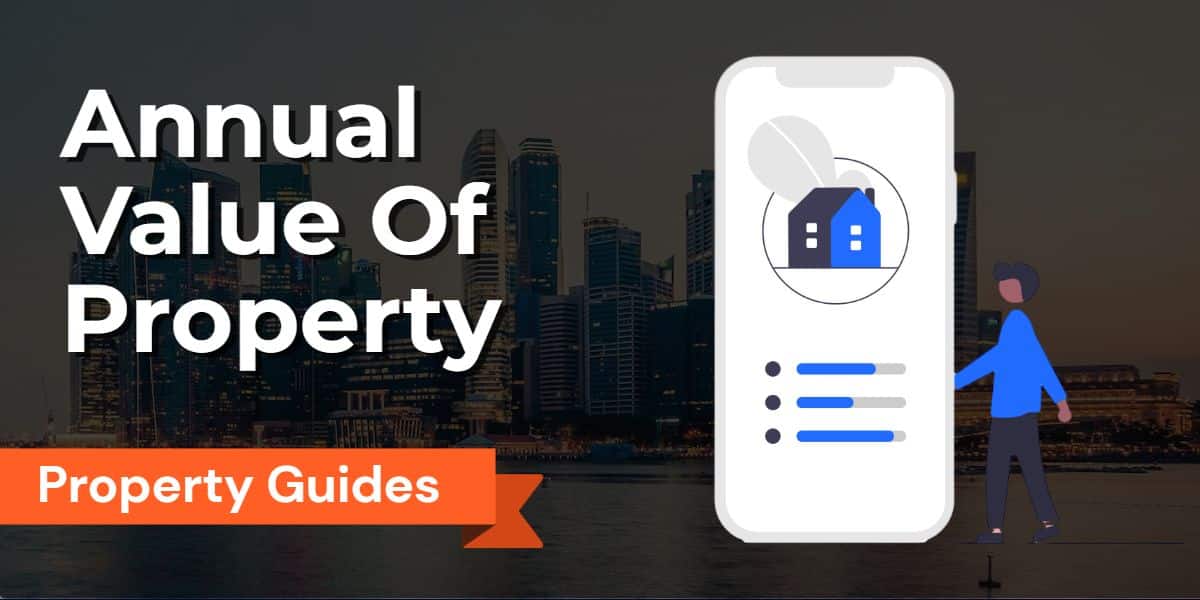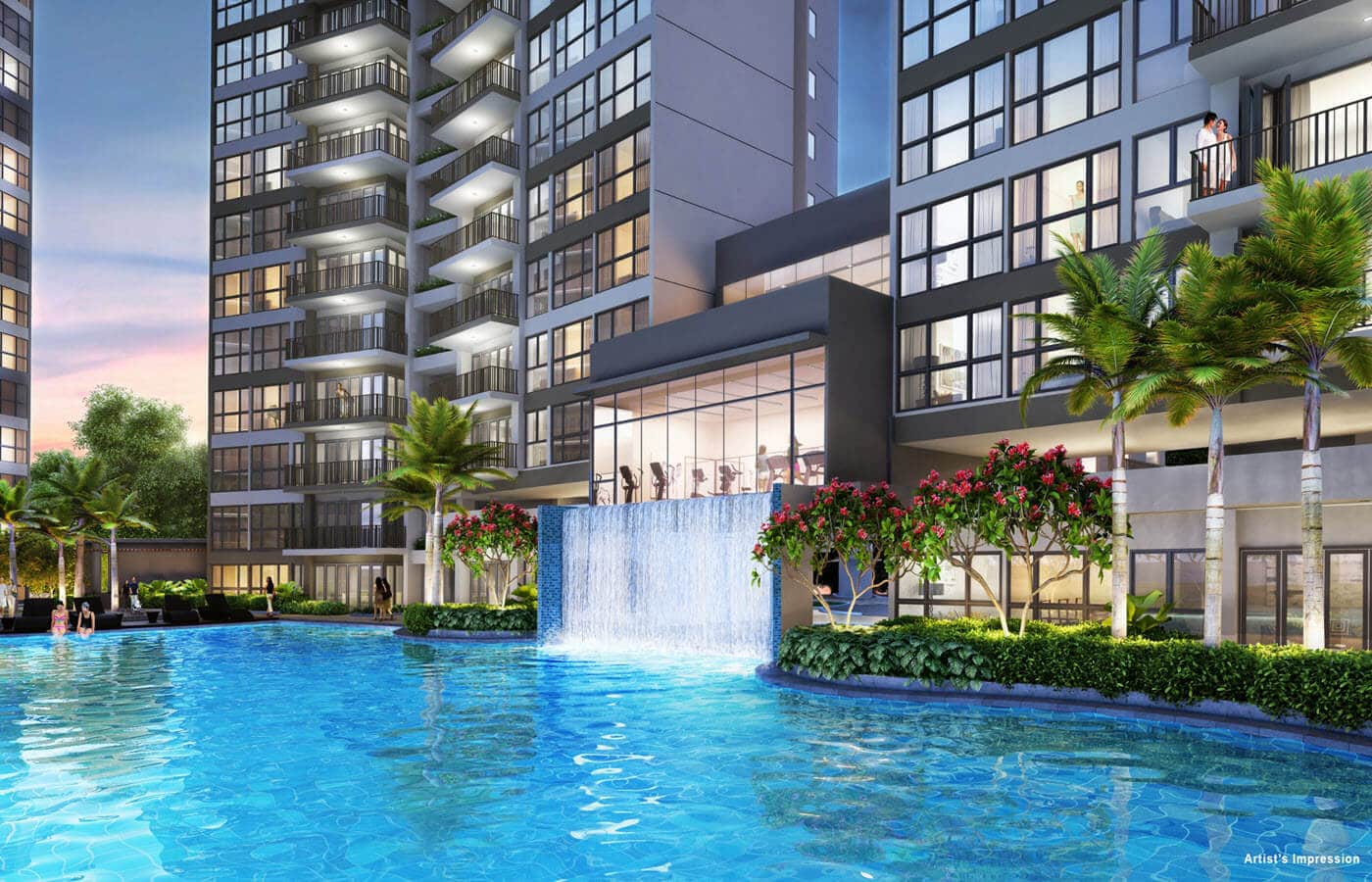
Renting a property can be an exciting and liberating experience also house rules for tenants singapore.
Still, it’s essential to understand the ins and outs of the tenancy agreement to ensure a smooth and hassle-free stay.
Whether you’re a first-time renter or looking to improve your knowledge, this guide is here to help.
We’ll walk you through the responsibilities of both tenants and landlords, highlight key clauses to look out for in a tenancy agreement and shed light on the role of the Housing Development Board (HDB) in Singapore’s rental market.
Plus, we’ll cover essential topics like subletting guidelines, occupancy caps, and resolving disputes between landlords and tenants.
So, grab a cup of coffee and get ready to dive into the house rules for tenants singapore – you’ll be well-equipped to make informed decisions and easily navigate the rental landscape.
Key Takeaways
| Topic | Key Takeaway |
|---|---|
| Understanding the Tenancy Agreement | – Read and understand the tenancy agreement carefully before signing. |
| – Ask for clarification on any unclear clauses. | |
| Responsibilities of Tenant and Landlord | – Tenants: Pay monthly rent, utility bills, maintain the property. |
| – Landlords: Keep the security deposit, maintain the property, ensure habitability. | |
| Important Clauses in a Tenancy Agreement | – Details of the property, rent amount, lease period, renewal terms, security deposit, utility payment arrangement, maintenance and repair responsibilities should be read and understood. |
| Role of Housing Development Board (HDB) | – HDB provides affordable and quality public housing. |
| – HDB manages the rental of flat units to eligible tenants. | |
| Applying for an HDB Rental Unit | – Submit application through HDB website or hotline. |
| – Verify eligibility criteria, income documents, and pay stamp duty fee. | |
| Eligibility Criteria for Renting HDB Flat | – Singapore citizen or permanent resident, above 21 years old, meet income ceiling. |
| – Lease duration is typically two years. | |
| Key Rules and Regulations for HDB Flats | – Minimum stay requirements: MOP for new flats (3 years) and resale flats (5 years). |
| – Tenants must comply with occupancy cap and noise regulations. | |
| Common House Rules for Tenants | – Restrictions on smoking, pets, noise levels may be set by landlords. |
| – Tenants must comply with these rules. | |
| Subletting Guidelines | – Subletting requires landlord’s consent and compliance with HDB regulations. |
| – Foreigners can sublet if they meet eligibility criteria and obtain necessary approvals. | |
| Important Details in Tenancy Agreement | – Basic details: rental duration, rent, deposit. |
| – Include number of occupants allowed, property use restrictions, and maintenance responsibilities. | |
| Occupancy Cap | – URA sets guidelines for maximum number of tenants based on property size. |
| – Exceeding the occupancy cap can result in fines and eviction. | |
| Responsibilities of Homeowners and Tenants | – Homeowners: Property maintenance and repairs. |
| – Tenants: Maintain cleanliness and inform about defects. | |
| Resolving Disputes between Landlords and Tenants | – Common disputes: rental arrears, property damage, early termination. |
| – Mediation can be used for dispute resolution. | |
| Role of HDB in Rental Disputes | – HDB provides assistance and resources for resolving rental disputes. |
| – Offers advice on policies, agreements, and regulations. | |
| Tenant Rights and Responsibilities | – Tenants have rights to habitable dwelling, privacy, and security. |
| – Responsibilities include paying rent, following house rules, and reporting damages. | |
| Minimum Occupation Period for HDB Rental Units | – MOP is the minimum rental period required before termination without penalties. |
| – Failure to adhere to MOP may result in penalties or difficulty finding replacement tenant. | |
| Renting a Property in Singapore | – Consider daily vs. monthly rental based on budget and flexibility. |
Understanding the Tenancy Agreement: A Guide for Renters in Singapore
How to read and understand the tenancy agreement
The tenancy agreement is a legally binding contract signed by the tenant and landlord that sets out the terms and conditions of the rental arrangement.
Tenants should read the tenancy agreement carefully and understand all the clauses mentioned before signing.
Tenants should also ask for clarification on any unclear provisions.
What are the responsibilities of the tenant and landlord?
The responsibilities of the tenant and landlord are listed in the tenancy agreement.
Tenants are responsible for paying monthly rent, utility bills and maintaining the property in good condition.
Landlords are responsible for the safekeeping of the security deposit, property maintenance, and repairs and for ensuring the property is fit for habitation.
What are the important clauses in a tenancy agreement?
The critical clauses in a tenancy agreement include the property details, rent amount, lease period and renewal terms, security deposit, utility payment arrangement, and maintenance and repair responsibilities.
Tenants must ensure they read and understand all the clauses in the tenancy agreement and seek clarification if required.
The Role of the Housing Development Board (HDB) in Singapore’s Rental Market

What is HDB, and how does it operate in Singapore’s rental market?
The Housing Development Board (HDB) is a statutory board under Singapore’s Ministry of National Development responsible for providing Singaporeans with affordable and quality public housing.
In Singapore’s rental market, HDB manages to rent flat units to eligible tenants.
How to apply for an HDB rental unit?
To apply for an HDB rental unit, individuals must apply through the HDB website or official hotline.
The application process involves verifying eligibility criteria, income documents, and payment of a stamp duty fee.
Priority is given to applicants who meet the eligibility criteria and have a higher income or family size.
What are the eligibility criteria for renting an HDB flat?
The eligibility criteria for renting an HDB flat include being a Singapore citizen or permanent resident, above 21 years of age, and meeting the income ceiling.
The duration of the lease is typically two years, and tenants must adhere to HDB’s rules and regulations throughout the tenancy.
Key Rules and Regulations for Tenants in HDB Flats
What are the minimum stay requirements for renting an HDB flat?
The minimum occupation period (MOP) for HDB rental flats is generally three years for new apartments and five years for resale flats.
Tenants cannot sublet their flats during the MOP and must stay in the flat for the specified period.
Can a tenant have parties in an HDB flat?
While tenants are allowed to have gatherings and parties in their HDB flats, they must ensure that it does not cause any disturbance or inconvenience to their neighbors.
The occupancy cap and frequency of the gatherings must also comply with the HDB’s regulations.
House Rules for Tenants Singapore.
What are the housekeeping and health regulations for tenants renting an HDB flat?
HDB has specific regulations that tenants must adhere to regarding the maintenance and cleanliness of their rental flats.
Tenants are responsible for keeping their rental unit clean and hygienic and properly disposing of waste.
They must also ensure that they do not engage in any activities or behavior that would damage the property or pose a risk to their own health and safety or those of their neighbors.
Exploring House Rules and Regulations for Renting a Property in Singapore

What are some common house rules for tenants singapore?
Landlords may have their own set of house rules for tenants to follow, such as restrictions on smoking, pets, and noise levels.
Tenants must comply with these rules to avoid any disputes with their landlords.
What is the responsibility of the tenant in terms of utility bills and maintenance?
Tenants are responsible for paying their monthly utility bills and keeping the property in good condition.
They should promptly report any repair or maintenance issues to the landlord and seek permission for any changes or alterations to the property.
How to prevent misunderstandings between the tenant and the landlord?
Effective communication is critical to preventing misunderstandings between the tenant and the landlord.
Tenants must communicate any concerns or issues they may have clearly and respectfully.
Landlords, in turn, should be open and responsive to tenants’ feedback and concerns.
Subletting Guidelines: What Tenants Need to Know in Singapore
What is subletting, and what are the guidelines for subletting a rental unit?
Subletting is when the tenant leases out a portion or the entire property to another party.
In Singapore, tenants must seek the landlord’s consent and adhere to the Housing and Development Board’s regulations regarding subletting.
Can a foreigner sublet a rental unit in Singapore?
Foreigners legally residing in Singapore can sublet a rental unit if they meet the relevant eligibility criteria and obtain the necessary approvals from the landlord and governing bodies.
What are the consequences of subletting without the landlord’s permission?
Subletting without the landlord’s permission breaches the tenancy agreement and may result in a penalty or eviction.
Tenants must obtain the necessary approvals and adhere to the relevant rules and regulations to avoid legal repercussions.
Important Details to Include in a Tenancy Agreement in Singapore

What is a tenancy agreement?
A tenancy agreement is a legal document that outlines the terms and conditions of a rental agreement between a landlord and tenant.
It specifies the rental duration, rent payable, deposit amount, and any other terms and conditions agreed upon by both parties.
What should be included in a tenancy agreement?
Aside from the basic information mentioned above, a tenancy agreement should include the number of occupants allowed, any restrictions on using the property, and maintenance responsibilities.
What are the consequences of not having a tenancy agreement in Singapore?
If a tenancy agreement is not signed, there may be disagreements between the landlord and tenant regarding their respective rights and responsibilities.
This could lead to legal disputes, which can be costly and time-consuming for both parties.
Occupancy Cap: Understanding the Maximum Number of Tenants Allowed in a Rental Unit
What is the maximum number of tenants allowed in a rental unit in Singapore?
Singapore’s Urban Redevelopment Authority (URA) has set guidelines for the maximum number of tenants that can occupy a residential property.
Generally, the maximum number of tenants is based on the property size – for example, a two-room unit can accommodate up to three occupants.
What happens if there are more tenants than allowed in a rental unit?
If the number of occupants in a rental unit exceeds the maximum number allowed, the landlord can be fined by authorities.
The landlord may also be required to evict the excess tenants to comply with the occupancy cap.
Tenants must respect this rule to prevent overcrowding and maintain a safe living environment.
Who is responsible for ensuring compliance with the occupancy cap?
The landlord and tenant must ensure that the number of occupants in a rental unit does not exceed the maximum allowed.
Landlords must communicate the occupancy cap to their tenants, while tenants must comply with this regulation to avoid legal repercussions.
Responsibilities of Homeowners and Tenants in Maintaining a Rental Property

What are the responsibilities of the homeowner in maintaining a rental property in Singapore?
Homeowners are responsible for maintaining the rental property, including repairing and maintaining appliances and fixtures.
They must ensure that the property is safe and habitable for tenants.
What are the responsibilities of the tenant in maintaining a rental property in Singapore?
Tenants must maintain and keep the rental property clean and tidy during their stay.
They are responsible for any damage caused to the property due to their negligence.
They must inform the homeowner immediately of any defects or repairs that need to be carried out.
How can homeowners and tenants ensure that both parties fulfill their responsibilities?
Both parties must communicate clearly and establish expectations at the beginning of the tenancy.
The tenancy agreement should specify the responsibilities of the homeowner and tenant.
Regular inspections can also be conducted to ensure that the property is well-maintained.
Resolving Disputes Between Landlords and Tenants: A Singaporean Perspective
What are the most common disputes between landlords and tenants in Singapore?
The most common disputes between landlords and tenants in Singapore relate to rental arrears, property damage, and the tenancy agreement’s early termination.
What are some ways to resolve disputes between landlords and tenants in Singapore?
Mediation can be a valuable tool in resolving disputes between landlords and tenants in Singapore.
This involves an independent third party facilitating a discussion between the two parties to reach an agreement.
What are the legal recourses available to landlords and tenants in Singapore in case of disputes?
If mediation fails, landlords and tenants can seek legal advice and take the matter to the Small Claims Tribunal or the State Courts of Singapore.
However, this can be costly and lengthy, so it is essential to resolve disputes through mediation first.
The Role of the Singapore Housing and Development Board (HDB) in Rental Disputes

What is the role of the Singapore Housing and Development Board (HDB) in rental disputes?
The HDB assists tenants and homeowners in resolving disputes related to rental properties in Singapore.
It also provides resources and information about renting and owning properties in Singapore.
What services does the HDB provide to tenants and homeowners in Singapore?
The HDB provides advice on rental policies, rental agreements, and rental disputes.
It also offers resources and information on home ownership, including financial assistance schemes and housing regulations.
How can tenants and homeowners seek assistance from the HDB in rental disputes?
Tenants and homeowners can seek assistance from the HDB by contacting their hotline or visiting their branch offices.
The HDB can guide and assist in resolving disputes related to renting or owning a property in Singapore.
Tenant Rights and Responsibilities in Private Residential Properties in Singapore
Understanding Your Rights as a Tenant
Tenants residing in private residential properties in Singapore have legal rights that protect them from any unfair treatment by the property owner.
This includes the right to a habitable dwelling, privacy, and security.
Before signing a tenancy agreement, tenants should be aware of their rights and ensure that the contract explicitly states them.
Responsibilities of a Tenant in a Private Residential Property
Tenants have a set of responsibilities that they must adhere to while residing in private residential properties.
This includes the obligation to pay their rent on time, follow the house rules set by the property owner, and take care of the property during their tenancy.
Tenants should also inform their property agents or the property owner of any defects or damages during their residency.
Consequences of Not Adhering to Tenant Responsibilities
Tenants who fail to meet their responsibilities may face consequences such as fines or even eviction.
It is essential for tenants to comply with their obligations and ensure they are aware of the established house rules set by the property owner to avoid these consequences.
Understanding the Minimum Occupation Period (MOP) for HDB Rental Units

What is the Minimum Occupation Period?
The Minimum Occupation Period (MOP) is the minimum period a buyer must reside in an HDB flat before being allowed to sell their unit in the open market.
For rental units, tenants must adhere to a minimum rental period of 6 consecutive months before they are entitled to terminate their tenancy without penalties.
Implications of the Minimum Occupation Period on HDB Rental Units in Singapore
Tenants must know the MOP implications on their lease agreement for HDB rental units.
Ensuring that the rental contract explicitly states the MOP and its conditions, such as the minimum rental period, is essential.
Tenants who fail to adhere to the MOP may face penalties or difficulty in finding a replacement tenant.
Exceptions to the Minimum Occupation Period for HDB Rental Units
There are exceptions to the MOP for HDB rental units, such as medical or financial hardship—tenants who wish to terminate their tenancy before the MOP ends must provide adequate documentation supporting their claim.
Tenants should consult with the property owner, management office, or estate management arm to explore options.
A Comprehensive Guide to Renting a Property in Singapore: What Tenants Should Know
Renting a Property on a Daily or Monthly Basis: Which is Better?
Tenants can rent a property daily or monthly, depending on their preference and budget.
It is essential to weigh the benefits and drawbacks of each option before deciding.
The monthly rent may be cost-effective in the long run, while renting for a shorter duration may provide more flexibility.
Key Considerations When Renting an Apartment in Singapore
Tenants should consider several factors before renting an apartment in Singapore, such as the location, amenities, and proximity to their workplace.
The cost of the property, including the rental period, maintenance charges, and utilities, should also be factored in when making a decision.
Tenants should consult with their property agents or the property owner to explore their options.
Common Costs Associated with Renting a Property in Singapore
There are various costs associated with renting a property in Singapore, including the security deposit, rental advance, and stamp duty.
Tenants should know the charges before signing a tenancy contract.
Legal Considerations for Foreign Tenants Renting in Singapore

Eligibility Criteria for Foreigners Renting Properties in Singapore
Foreign tenants who wish to rent a property in Singapore must meet specific eligibility criteria, such as possessing a valid work permit or employment pass.
Tenants should meet the eligibility requirements before applying to rent a property in Singapore.
Legal Proceedings to be aware of as a Foreign Tenant in Singapore
Foreign tenants should be aware of the legal proceedings and tenancy laws that apply to renting properties in Singapore.
Ensuring that the tenancy contract is legally binding and that all necessary documents are prepared before signing is essential.
Tenants should also consult with their property agents or seek legal advice.
Important Documents to Prepare when Renting as a Foreign National in Singapore
Foreign nationals must prepare some essential documents before renting a property in Singapore, such as proof of identity, passport, work permit, or employment pass.
Tenants should ensure these documents are readily available to avoid delays or issues with their rental contracts.
The Importance of Adhering to House Rules: Ensuring a Positive Rental Experience in Singapore
Common House Rules for Tenants in Singapore
Each property owner sets their house rules for tenants in Singapore.
Standard house rules that tenants must adhere to include not making excessive noise, not bringing illegal immigrants or domestic helpers to the property, and not bringing in any pets without permission.
It is essential to ensure that tenants comply with the established house rules to avoid any conflicts.
The Consequences of Not Adhering to House Rules as a Tenant
Tenants who fail to comply with the house rules may face consequences such as fines or even eviction.
Following the established house rules is essential to ensure a positive rental experience for both the tenant and property owner.
Procedures for Reporting House Rule Violations by Other Tenants
Tenants who notice other tenants violating the house rules can report the violation to the property owner or management office.
They should provide sufficient evidence to support their claim and follow the necessary procedures for reporting the breach.
Conclusion
In conclusion, understanding the tenancy agreement is crucial for renters in Singapore to ensure a smooth and fair rental experience.
Tenants should carefully read and comprehend the clauses mentioned in the contract and seek clarification if needed.
It is essential to know the responsibilities of both the tenant and the landlord, such as rent payment, property maintenance, and repair obligations.
Familiarizing oneself with essential clauses, such as lease period, security deposit, and utility payment arrangement, is also crucial.
Frequently Asked Questions
What are the house rules for tenants in Singapore?
House rules for tenants in Singapore refer to a set of guidelines provided by landlords or property managers that outline the dos and don’ts for tenants residing in a rented apartment.
They are designed to promote an orderly and safe environment for all tenants in the building.
What is a condominium?
A condominium is a type of apartment building in Singapore where individuals own a specific unit but share common facilities such as swimming pools, gyms, and gardens.
It is important to note that house rules differ depending on the type of apartment building.
Can tenants cook in their apartment kitchens?
Yes, tenants are allowed to cook in their apartment kitchens.
However, they should ensure that they abide by the house rules regarding using cooking appliances and cleaning up after themselves.
Is parking available on a first-come, first-served basis?
Yes, parking in most apartments is available on a first-come, first-served basis.
However, tenants should ensure that they do not park in designated areas or obstruct other tenants’ parking spaces.
Are there any additional costs besides rent?
Yes, additional costs like rectification costs, incidental costs, and administrative charges may apply.
Nonrefundable charges such as application fees may also apply.
What is the rectification cost?
The rectification cost is a fee charged to tenants if the tenant’s negligence or misuse causes damage to the apartment.
The tenant is obligated to pay the cost of repairing the damage.
What is an administrative charge?
An administrative charge is a fee for administrative work by the landlord or property manager.
An example of an administrative account is an application fee for booking an apartment in the building.
Are there any restrictions on the usage of electrical appliances?
Yes, the building may have restrictions on using electrical appliances.
Tenants should consult the house rules to ensure that they abide by them and prevent any electrical accidents.
Are there any house rules that prohibit entertaining visitors?
No, there are no house rules that prohibit tenants from entertaining visitors.
However, tenants should be sensitive to noise levels to prevent noise pollution and unnecessary disturbance of other tenants.




















